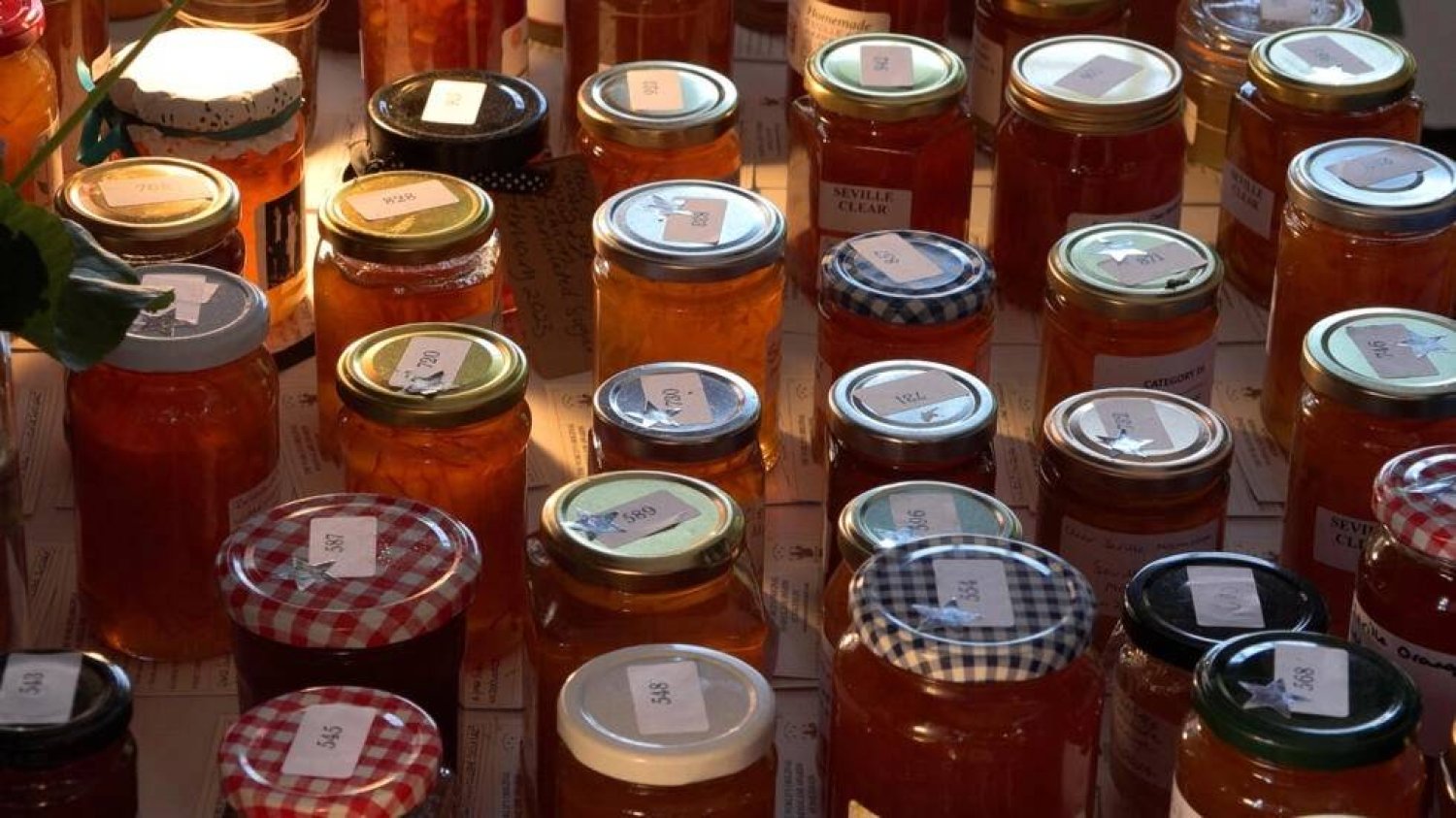The April issue of the Merit Cultural Magazine published by the Merit publishing house, Cairo, features a series of critical articles, and major literary and artistic contributions.
The "Creation and Creators" section includes an article by Dr. Amani Fouad on Dr. Shaker Abdul Hamid's book "Alienation…Concept, and Expression in Literature", in addition to five other articles by Novelist Tarek Imam on Poet Hamad Yamani's poetry collection "Goodbye in Small Triangle"; "Praise, an Arab Cultural Mark" by Dr. Ahmed Yahia Ali; "The Egyptian Revolution" by Dr. Ahmed Alwani; a reading on Mohamed al-Mansi Kandil's "Doctor of the Countryside" by Poet Rasha al-Fawal; and "Dialectic of the I and the Other in the Arab Novel" by Moroccan researcher Mohammed al-Sahel.
The Poetry Section features ten poems by Najat Ali, Zizi Shoushah, Naji Abdul Latif, Said Abdul Maksoud, Mohammed Tawfik, Rida Ahmad, Dima Mahmoud, Abir Zaki, Mohammed Husni Ibrahim, and Mohammed Ali Azab. The Story Section includes stories, chapters, and novels by Raouf Masa'd, Naim Sabri, Mohsen Youness, Hamdi Abu Jalil, Safaa al-Najjar, Mounir Otaiba, Mostafa al-Balki, Abdullah Al-Salama, and Hatem Mamdouh.
The "Noun Al Neswa" section discusses several African matters in two articles entitled "Women in African Life" by Dr. Inas Hussam al-Dine, and "Women in African Theater…Verse to Express Oneself" by researcher Farida Bendari.
The "Around the World" section includes three translations: "Introduction to Prose Poem" by American poet and novelist Peter Johnson translated by Dr. Adel Dergham; "The Beaudelairean Theater", an article written by French intellect Rolland Barthes translated by Tunisian poet Abdul Wahab al-Melawah; and five poems written by Lebanese-American poet Hayan Charara translated by Palestinian poet Dr. Helmi al-Risha.
The section "Cultures and Arts" offers an interview by Poet Samar Lashin with Iraqi poet Salah Fayeq. It also includes three important articles: "Wars and their Effects on the Iraqi Story" by Dr. Nadia Hinawi (Iraq); "Writing with the Hidden and Obvious Language…Reading on Stories of Mahmoud Abdul'al" by Dr. Hassan Atiah Taman; and "Writing of Academic Research Papers" by Dr. Ali Afifi Ali Ghazi.
In the "Art" section, Dr. Manal Al Boustani (Iraq) wrote "A reading of the Displacement Mural" exploring a mural by Iraqi Artist Mowaffak Ahmed, in addition to two other articles: "Architecture and Cinema" by Alaa Halifi (Morocco) and "Omraniya Youth Embrace Hamlet" by Dr. Fawzi al-Shami discussing the role of actor Mohammed Sobhi in the interaction between the art academy and its surrounding in the Omraniya neighborhood
The "Books" section includes three readings: "Transcendent Text in Works of Hassan al-Nassar" by Dr. Mohammad Ahmad Abdul Radi; "From the pictures of death in the poetry collection of Wadad Nabi's Death as if it was Junk" by Abduallah al-Mutaki (Morocco); and a news story about "The Dry Land and its Interference with the Human Heritage", a book by Iraqi poet Fadel al-Sultani.
The issue also offers studies of six Arabic translations of a famous poem by English poet T.S. Eliot.
The editing board of Merit Cultural Magazine is composed of Publisher Mohammed Hashem, Editor in Chief Poet Samir Darwish, Assistant Editor Adel Samih, and Editor Secretary Sara al-Iskafi. The paintings featured inside the magazine and on its cover are done by Jordanian artist Hilda Hiari..
















